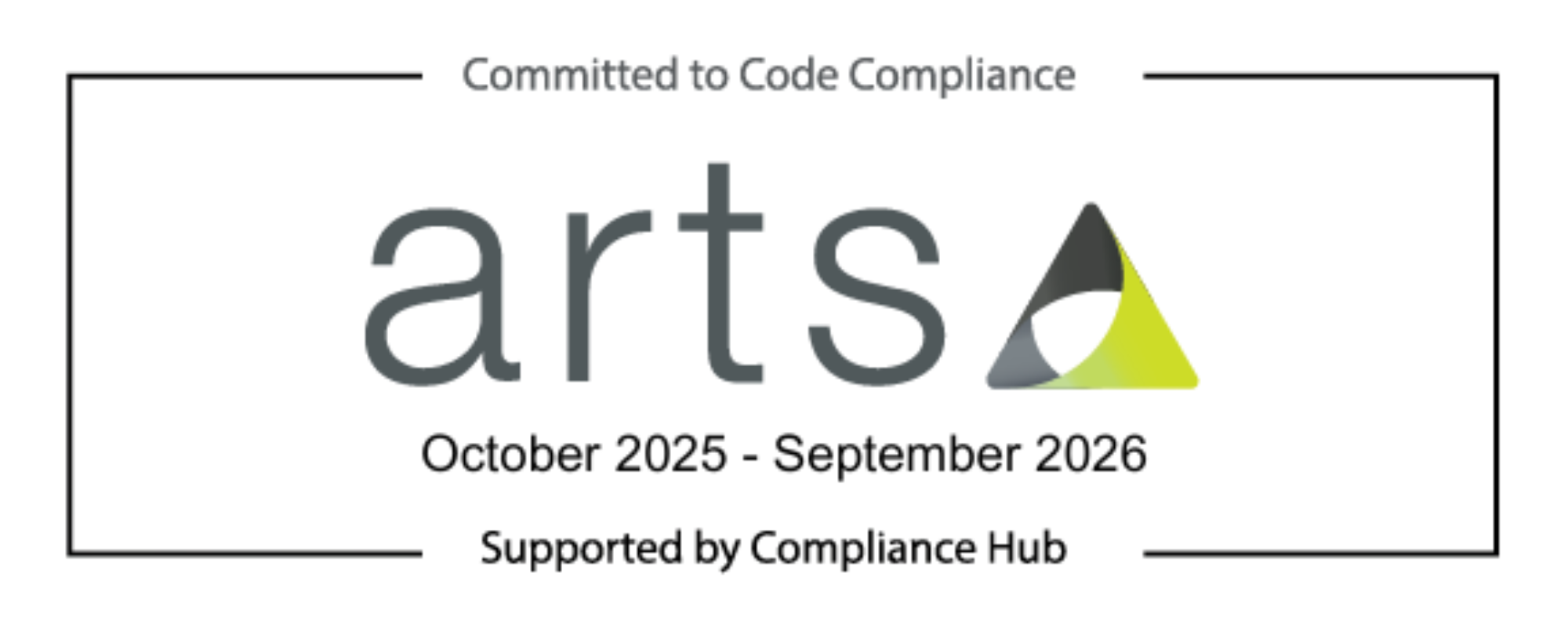Meet Joela Mathews, Neuropharmacist at Barts Health NHS Trust
)
Meet Joela Mathews, Neuropharmacist at Barts Health NHS Trust. Read on to hear more about her journey as a leader in pharmacy and working at Barts Health NHS Trust for 15 years.
'I am a neuropharmacist at the Barts NHS Trust, I have been for the last decade and I am very happy here', Joela Mathews
Introducing Joela Mathews
In recent years she has led a growing team of neuroscience pharmacists to provide medicine optimisation services to the inpatients and also the growing number of day case and outpatients seen by the trust. She works with the MS team on the safe provision of DMTs to MS patients to ensure that a high-value high-quality service is provided and also holds positions in the trust on the medicine's safety team, and is part of the new clinical senate at the trust which promotes good practice across the trust. Joela is an active member of the Royal Pharmaceutical Society and recently gained Faculty status. She is also the education lead for the neuroscience group of the UK Clinical Pharmacist Association.
Tell us about your journey in the pharmacy sector?
I have been working at the Barts NHS Trust for the last 15 years as a neuropharmacist and I am proud to be here. It all started with university, I never wanted to do hospital pharmacy, it was always community pharmacy for me. My tutor at the time reminded me of a deadline for hospital pre-reg at midnight one day and encouraged me to give it a shot and rather than arguing with him, I applied.
When filling in the application I had to choose four locations. I know a lot has changed now, but back then Barts was chosen because it was the closest to me. I then had an interview and when I arrived for it, I saw all these people reading and revising their documents, I felt so unprepared.
So in my interview I was asked about my opinion about the 'A spoonful of sugar', the at that point pivotal medication. I had no idea about it and you could see it in my face, so they gave me three bullet points and asked me what I thought about it. At that stage in the interview I had already given up and knew I wasn't going to get it thinking of all the people revising outside so I was honest and said what I was truly thinking. What's next? I got accepted and I am still at Barts since.
Even though I didn't want to do hospital pharmacy, Barts wasn't something you turn down, it is a big deal! A few years later I asked the interviewers why they gave me the job and they simply said: 'You had an opinion when most people at that time just listened to what the PJ said and gave a published opinion.'
Nowadays I would not even get shortlisted as I had no pharmacy experience until my pre-registration at Barts. I always knew that I would spend the rest of my life in pharmacy as this is my passion, so I worked in other work environments like retail to get experience outside pharmacy. However, advising a pharmacy student now, I would have to say that this isn't possible anymore. Without pharmacy experience there is no pre-reg place.
How did you get started as a neuropharmacist?
Back in the day there were very little neuropharmacists in the country, but I have always believed in the power of a good network. If you have a network behind you of likeminded people or people with similar roles you can get through anything, because they can support, develop, and mentor you. My biggest achievement is the formation of the Neuropharmacy Academy under the Neurology Academy.
There was already the MS Academy and Parkinson Academy, but they were very disease-specific. These academies also had support from the pharma industry with educational programmes, open to all professions. 'So I spoke to the professor who heads up the MS Academy and said that we also need a Neuropharmacy Academy, because a neuropharmacist doesn't just deal with MS or Parkinson, we needed a masterclass to cover it all. That was the beginning of the Neuropharmacy Academy.
The first masterclass was in 2019. We had 50 neuropharmacists attend and it was also the largest neuropharmacists gathering. It felt like a dream, when the delegates arrived in the morning, I still couldn't believe it was real. It was such a great feeling to have a network of people that would all work together because neuropharmacy was so complex. We had external speakers teaching about neurology and it was a big dream of mine coming true. 'Since then, we developed other networks for example the London network MS pharmacists.
Another huge achievement coming from all the work we have done is that the neurology community is asking for neuropharmacists as part of their team. It is great to having other professions value the neuropharmacy. I am currently writing a report with two MS professors about MS services across the country. There are currently 27 services nationally that have a neuropharmacist. The report is from a year ago and in the last month the number is growing, and it is great that the value in neuropharmacists is seen.'
We are also writing about the state of the nation on MS services, as always there is not enough staff and resource, but we also know there won't be more money or new staff, so we need to use pharmacy differently, neuropharmacists need to be embedded in the team. This is significant for the disease area where there is treatments. The knowledge of the brain is changing so we can scan the brain to a much greater degree. We can take neurofilament levels to see if a treatment is working.
We are now treating diseases we didn't even know existed even last month, we are gaining so much more knowledge even for Alzheimers, there is treatments coming for these conditions. All these treatments are coming but there is no increase in the neurologist workforce so unless people invest in different professions, and pharmacy is ideal for some of it, we won't be able to utilise it all as a country due to the missing workforce. '
So, it is all about doing things differently with what we already have, there won't be a big increase in resource after COVID, but we will be able to use what we have differently and do more. Now is also the time having headspace because it takes time to plan that, so my advice to NHS and senior budgeter is to frontload and redesign the service so at the end of it you can do more with what you have. If it wasn't for COVID we wouldn't have had time to do this report, we finally have a draft and plan to publish it in June, but already it opened so many doors. We are speaking to NHS England, Pharma and ICS commissioners about what the report could do. Many reports are written about this topic but they all have the same recommendations for implementation. We hope, ours can make that difference.
What advice would you like to give other women?
Find out what your core values are, what is important to you. Look at what makes you smile when you look at your calendar. Is it a person, or a job? For me, it is fairness, equity and reducing inequalities, once you know your values you need to find jobs and tasks that can help you build on them. You also need to find tasks in your day job that use these values as well as your company and colleagues aligning with them. The reason why you don't get along with some colleagues is due to having different values, it isn't the person itself but a specific behaviour. Use these colleagues to learn. For example we all have this one person or maybe your boss or rotation leader, when we see their name on the phone we immediately get frustrated, even though you should make sure there aren't to many of these in your diary, you can't chose whom you work with so make sure to make the best of the situation and learn from that behaviour, especially to not apply it yourself.
Always remind yourself in that moment it isn't the person it is their behaviour, and humans always repeat behaviour. Furthermore, don't be afraid of those you don't like don't shy away from them. Over the last few years, I learned more from people that I don't like that from people I respect, because it is easier to spot what you don't like in someone, so I learnt that this behaviour annoys me, and it helped me to focus being annoyed by that behaviour rather than the person.
Another tip: Form a network outside your profession and your immediate colleagues. Speak to people outside the profession and you will learn a lot more.
Learn more about the Neuropharmacy Academy and the exciting work Joela Mathews and her colleagues are doing here.


 London
London


